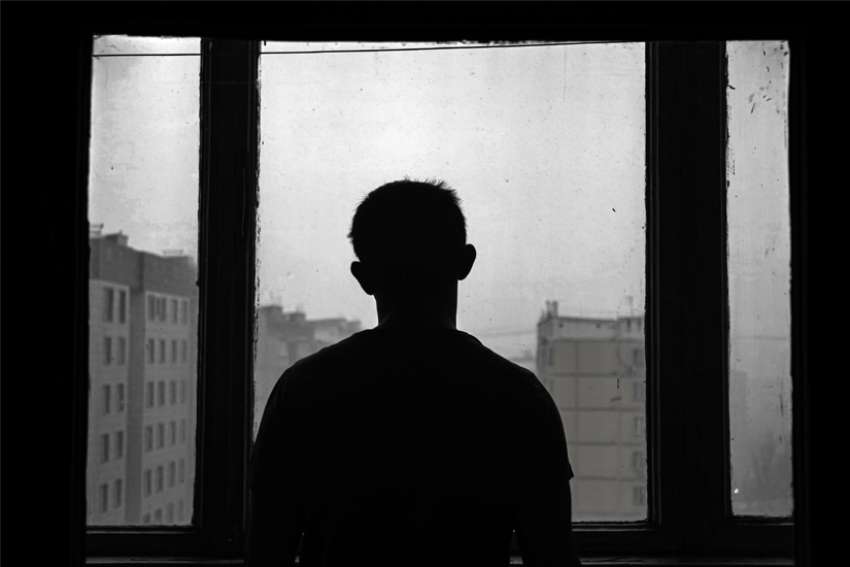WHO Director-General Dr. Tedros Adhanom Ghebreyesus said it’s a “wake up call” to increase investment in care for those vulnerable to, or suffering from, mental afflictions. Canada, bless its cross-eyed muddled soul, is responding to the alarm by offering the mentally ill State-funded medical help… to die.
By 2023, Canadian law on medical assistance in dying (MAiD) will be among the most permissive — reckless, if you prefer — in the world. Doctors already have a mandate to kill consenting patients suffering unbearable bodily conditions. Coming soon, individuals with minds too burdened or confused to continue choosing life will be eligible for the medical death list.
Think about it. Canadians whose cognitive conditions cloud their judgment will be able to proverbially knock on the doctor’s door and say: “Kill me, please.”
As the law stands, a medical professional with MAiD misgivings, including awareness of the massive increase in pandemic-correlated mental illness quantified by WHO, will be barred from refusing based on personal conscience. No wonder groups such as the Catholic Health Alliance of Canada are pleading with a Parliamentary joint committee to stop the MAiD-ness before it kills again, this time the mentally ill. As Michael Swan writes in this issue, the CHAC argues MAiD legislation directly attacks equality rights because “it fails to recognize the importance of addressing societal inequities and injustice and... treats vulnerable people as a burden on society, resulting in an increased threat to their very existence.”
Yet the Canadian Association of MAiD Assessors and Providers counters that at least medically-assisted death means mentally ill people won’t be left to commit suicide.
“(M)edical assistance in dying involves a legal framework, a rigorous process, the involvement of multiple health care practitioners and the option to involve many loved ones,” the association’s president, Dr. Stephanie Green, submits.
With due respect for Dr. Green’s professional credentials, that’s not a medical argument. It’s managerial systematizing mixed with aesthetic prioritizing. Suicide is messy and traumatic and disordered. MAiD is systematically neat, tidy and approved by experts. Ergo, it should go ahead for those whose mental health might otherwise draw them to suicide. It’s a clinical case of logic that defeats itself. The reality is that the end result of medically-assisted killing and “non-MAiD” suicide is a dead body where once there was a human life. It’s an end that motivates so many good people to invest their lives in suicide prevention.
Alas, not in Canada. In our befuddled post-pandemic state, the solution to mentally ill people seeking premature death is about to be medical killing at doctors’ hands.


